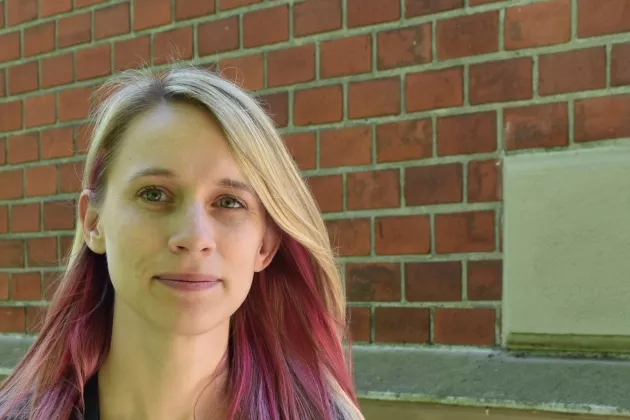The article was written (in Swedish) and published in Göteborgs-Posten on 24 October 2022. Read the article in Swedish: "En miljard människor tvingas fly – på grund av klimatkrisen". Below are some excerpts from the article translated into English.
In a new report, the United Nations and the Red Cross argue that presently thousands of people die because of climate change every year - and that every additional temperature increase will result in even more deaths. The heat waves of the coming decades will be so extreme that parts of the world will become uninhabitable.
– This is already happening. It is mainly during the summer that the temperatures are extreme, and those who can afford it travel to cooler areas. I have done fieldwork in northern Iraq when the temperature was 45 degrees and people from the south of the country would travel there to cool off, says Lina Eklund, researcher at the Centre for Advanced Middle Eastern Studies and the Department of Physical Geography and Ecosystem Science at Lund University.
Estimates show that in about 80 years, half of the population of the Middle East and North Africa (about 600 million people) are likely to be exposed to extreme heat lasting for several weeks with temperatures of 56 degrees or more.
An increasing number of researchers are proposing planned relocations of people from areas that risk becoming uninhabitable and believe that resettlement projects should be included in climate adaptation, says Lina Eklund
– However, it is necessary to provide help for migrants to ensure successful migration, and policies that ensure that people do not end up in vulnerable situations after they move. If this is not done, it is common that migrants are subjected to threats and become part of the lowest class in the new society, argues Lina Eklund.
At present, climate refugee visas are given in New Zealand and Australia to the residents of Tuvalu and Kiribati. But the concept of climate refugees is debated and as of now cannot be used as grounds for asylum.
– It is difficult to define what is caused by the climate in terms of migration. Climate-related migration is often slow and may be difficult to distinguish from urbanization and labor migration. For example, some move to cities to support themselves as the harvests gradually become worse due to climate change. In areas with conflicts and in fragile states, climate impact can have greater effects than in more stable states, says Lina Eklund.





